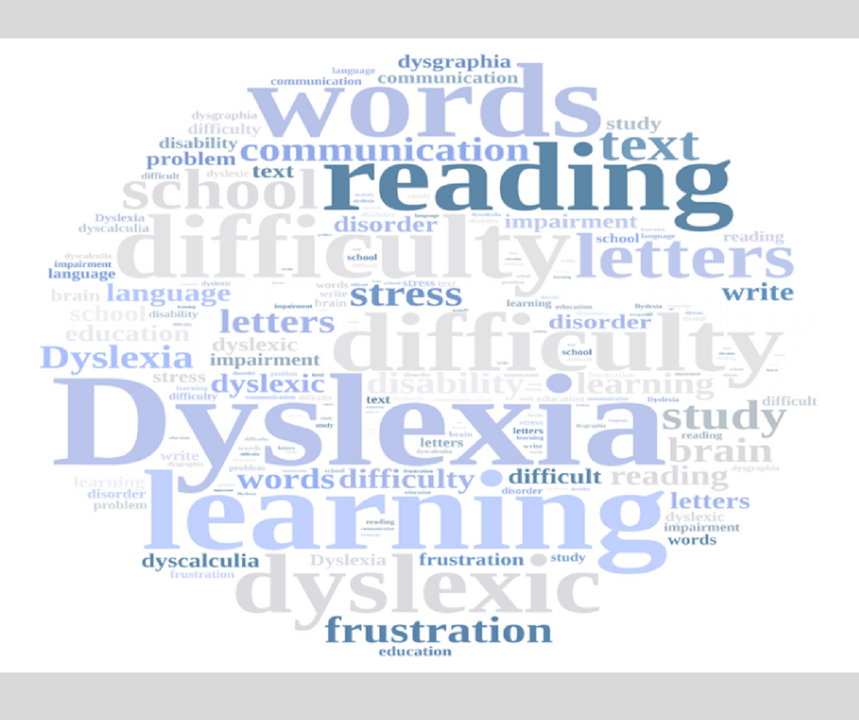Mum’s the word – how to recognise if your child could have dyslexia!
by Irene Gahan

Let’s face it mum’s are awesome! But the mum of a student with Dyslexia is particularly so. Experts say that it is generally the mother of a child with a specific learning difficulty that raises the flag about possible concerns for reading and writing. I’d say there are plenty of dad’s too that may recognise themselves in their kids struggles but mum’s the word apparently.
There are many warning flags when it comes to dyslexia. Sometimes it’s picked up in primary school but many students that are of average or above average intelligence will be able to hide it or find ‘hacks’ that can get them through to secondary school with no diagnosis.
These are a few things to watch out for particularly for a 6th class or 1st year student;
· Student is very good orally but when they have to put anything down on paper they avoid it like the plague.
· Written homework goes walk about on a regular basis or the famous ‘I did it in school already’ retort so they don’t have to show their work
· Disorganisation of school bags, books, locker and often room is a good indicator that something is amiss.
· Forgotten books, uniforms, sports gear or ‘left in my locker’ will happen a lot. Or last minute I have to have a ‘dinosaur’ for tomorrow news.
· Students that try anything to get out of reading a book for any reason will often ‘find the movie or play’ online or watch a YouTube clip on the subject to get around reading.
· They regularly forget homework, class tests or exams. It’s incredibly important to remind them to write things down. For a secondary school student this means typing notes to themselves on their phone as the best way of remembering.
· Missed days will be around subjects or teachers that they dislike the most!
· Headaches are common especially if there is a lot of heavy reading or written work in classes back to back.
· Students will drift and watch out the window after about 15 – 30 minutes. On average 20 minutes is about all a teacher can expect if they aren’t changing up their teaching styles within a class.
· Sequencing is an issue and it can be as simple as not being able to say the alphabet in sequence or not being able to say the months of the year in the correct order.
· Instructions – if you are giving a shopping list to them. Write it down. Most children will not remember pass the first two items on the list.
· Short-term memory – you know when your child comes home and you ask them what they did that day. They can struggle to think of something. However ask them if anything interesting happened during their day without being specific and they may have more success.
· Students that will get spellings or maths tables on a Thursday night for a test on Friday will get them all right verbally and within a few minutes of learning them but they will struggle to recall them the next day in school during a test. This is particularly frustrating for students and parents especially when they know they know them but the results aren’t reflective of the night before.
· A student that generally doesn’t read for pleasure and will avoid reading fiction related books but might enjoy nonfiction around subjects that interest them.
· At second level the student may be taking Irish and Maths at ordinary level for the junior certificate and be struggling to hold on to higher English is a flag. They may excel at subjects they like or where the teacher uses visual or varied learning methods.
· Students with dyslexia will work three times harder that other students and still struggle to make an average grade.
· Students with dyslexia may achieve a C grade in a higher subject for an exam but if yyou ask them the exam questions verbally they can pull up a grade and their C is actually a B!
· A student that doesn’t like to read out loud or that doesn’t read very fluently out loud. They may skip words or sentences as they are trying to make sense of the words.
Academic flags that educators look for in students will be spelling phonetically, no paragraphs, weak grammar; students selecting easier words to use as they can’t spell harder ones, a lack of varied words in general, no capitals, full stops or punctuation are common flags. Also, repetitive ways of saying the same thing and essay’s that follow a ‘personal’ or simple stream of sentences rather than anything more complex.
All these things in isolation may seem small and insignificant but put them all together and a picture emerges of a student that is struggling to cope in school. As a parent the first thing you can do is go to your child’s school and ask the teacher for a meeting and put together a picture of all these elements to see if they may be at risk from a specific learning difficulty.
At second level this is more difficult as the teacher must go to all the different teachers and ask for an opinion. If the common feedback is ‘they are just lazy’ or ‘could make more of an effort’ then the recommendation would be to do an assessment for dyslexia. These are the two most used descriptions about a child with undiagnosed dyslexia in secondary school.
Start with the teacher, year head, SEN coordinator and then if you still not happy consider an external assessment with an educational psychologist. The longer a child with no diagnosis is left without support the more they will struggle academically and with self esteem issues and anxiety relating to performance in school.
